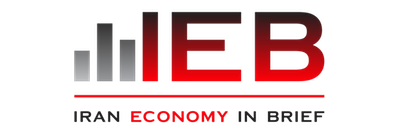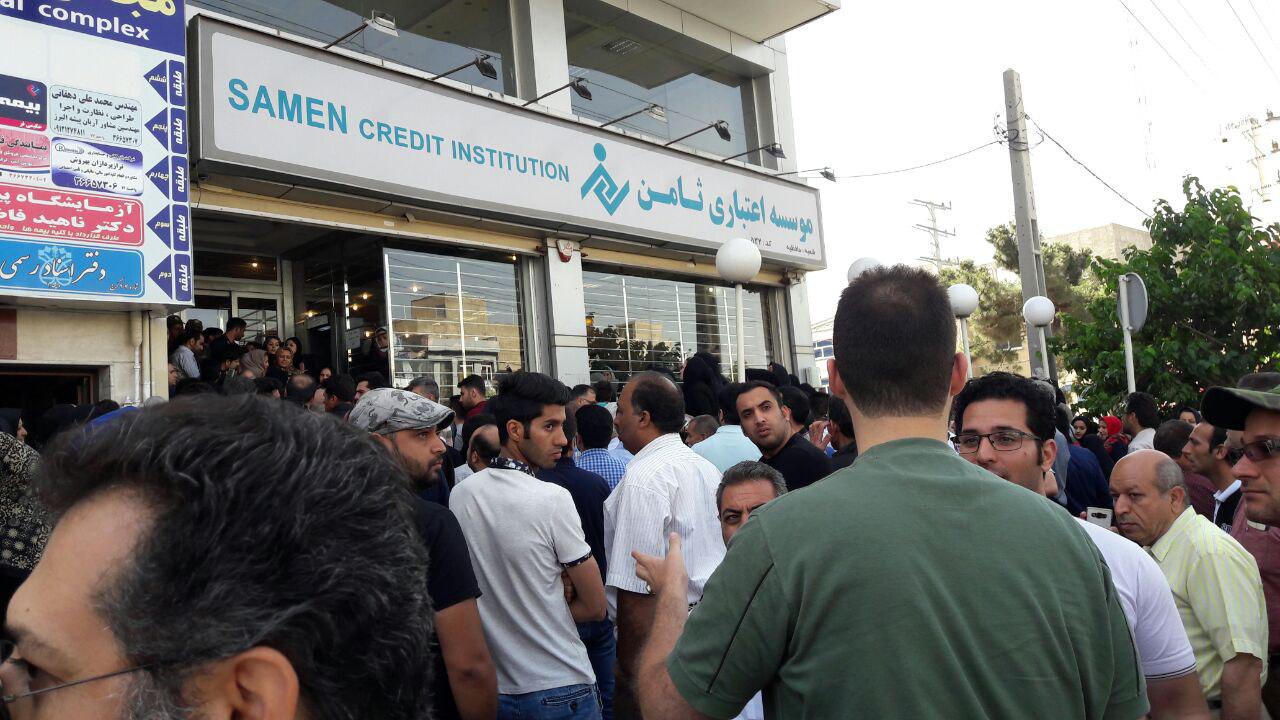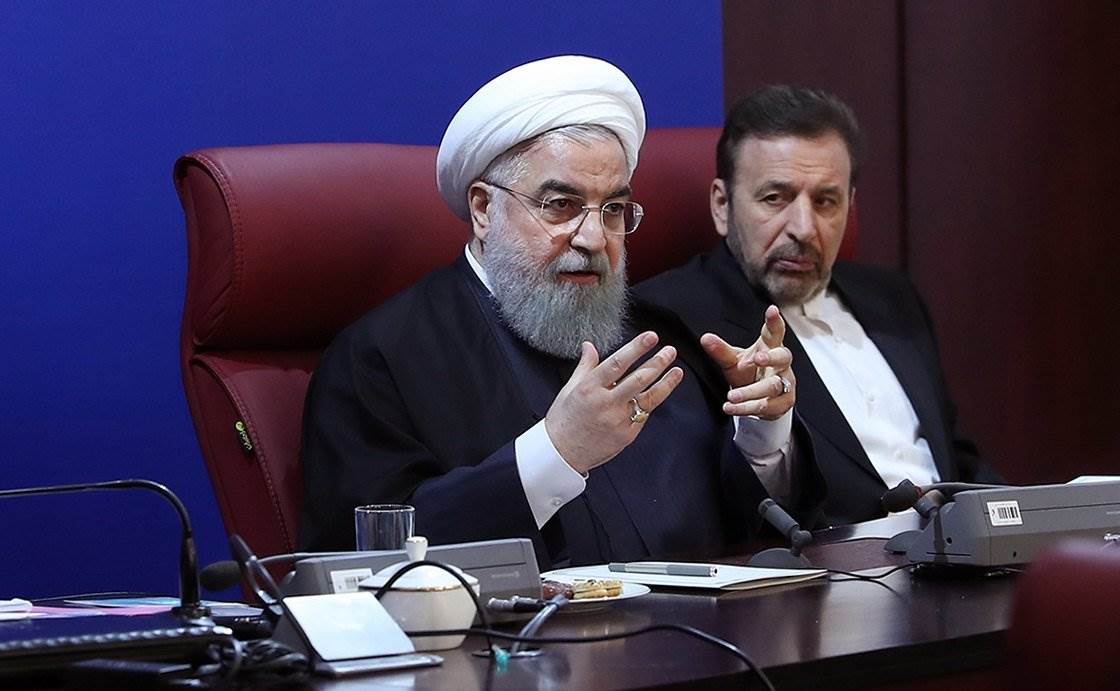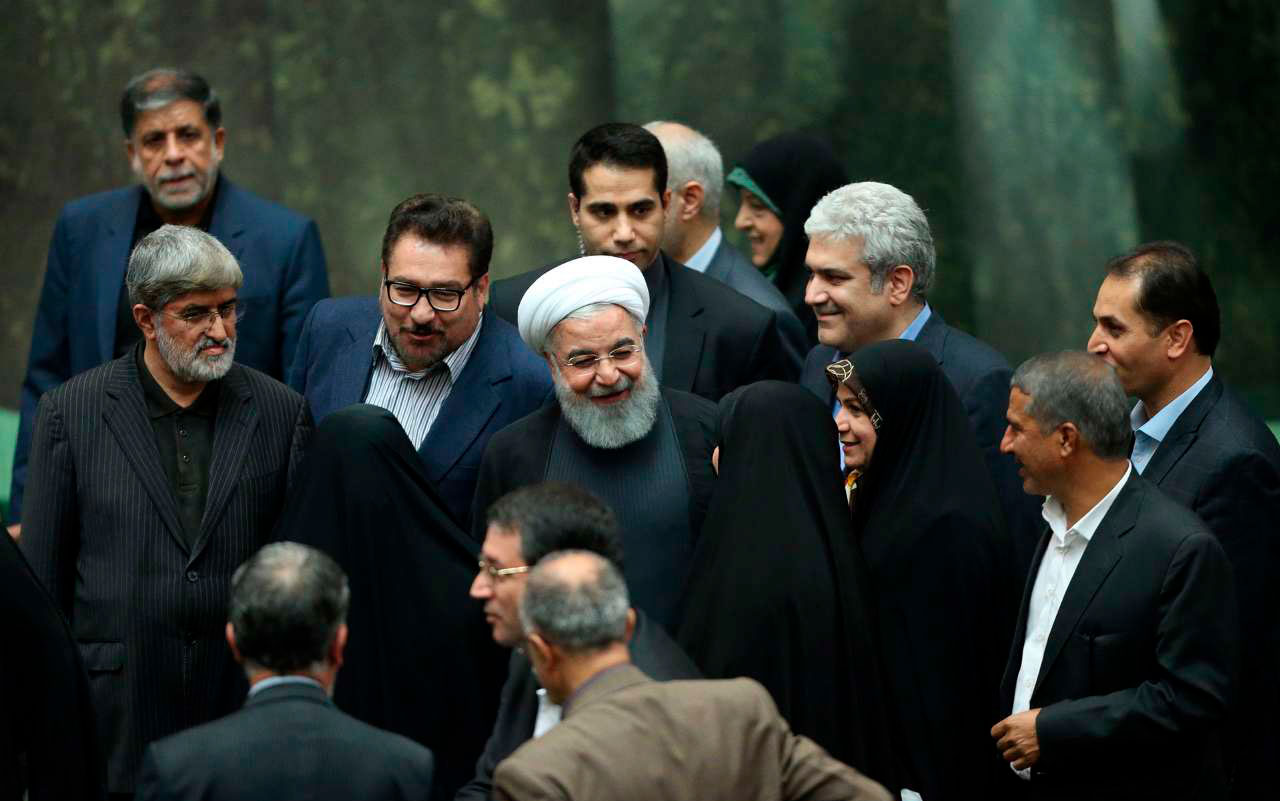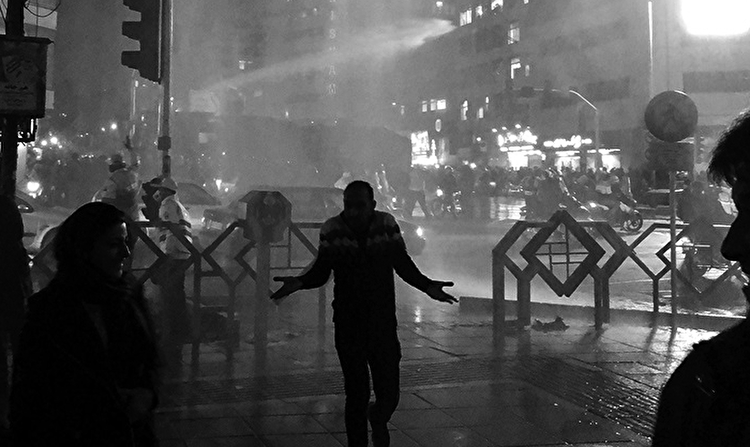
Protests in various cities, particularly in Mashhad, were the headline of several newspapers this week. Referring to the official figures, Donyay-e Eghtesad apprizes the performance of the Government of Hassan Rouhani in the last five-year period quite successful in managing the inflation rate, production and creating new jobs, when compared to the five-year period prior to 2013.
Hamshahri, another Iranian daily, writes that proposed reforms and improvements in the financial system, namely modifying fuel prices and reallocating the subsidies, are the only remedies to get the “economic train” away from the cliff and redirecting it to the correct route. This is while the majority of the press report that the latest reforms carried out by the Central Bank of Iran have led to the closure of many unofficial financial institutions, where a number of them were based in Mashhad, capital of Khorasan-Razavi Province. As a result, several of their account holders were affected. However, when compared to other provinces, Khorasan-Razavi’s financial situations are still much better off. Donyay-e Eghesad makes another comparison: The Consumer Price Index (CPI) over the 55-months following 2009, grew 138%, while its growth over the 55-months after 2014 was only 63%; despite a much larger increase in prices, no-one came on the street to protest.
Later during the week, in a meeting with the heads of Iranian Parliament Commissions, The President, Hassan Rouhani, said that Iran’s economy is like a patient, who cannot be cured by medicines only and needs a surgery. But what if the sergeant and the patient’s family have disagreements? Indicating the extremely high level of air pollution in cities, Dr. Rouhani asks how could it be possible to improve the quality of air without increasing the fuel prices? He admits that creating more jobs was among his promises, but in order to reach such goals he needs to create more financial resources. This is while the Government assigns 200 thousand billion Toman ($55.5 billion), equivalent to 55% of budget, to pension funds, paying the monthly reallocated subsidies, and maintaining payments to the National Development Fund and Agricultural subsidies. The President who already had suggested to put his Government’s activities in a “glass room” asks the Parliament to help him for further reforms and change the economic direction towards people wishes.
